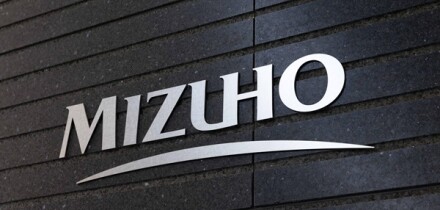A Tale of One City
Last Tuesday, the city of Harrisburg, Pennsylvania announced that it intended to skip an upcoming payment of USD3.29 million on its general obligation debt that would make this the second largest municipal default of the year.
Unlock this article.
The content you are trying to view is exclusive to our subscribers.
To unlock this article:
- ✔ 4,000 annual insights
- ✔ 700+ notes and long-form analyses
- ✔ 4 capital markets databases
- ✔ Daily newsletters across markets and asset classes
- ✔ 2 weekly podcasts






